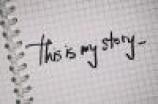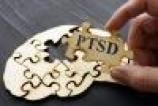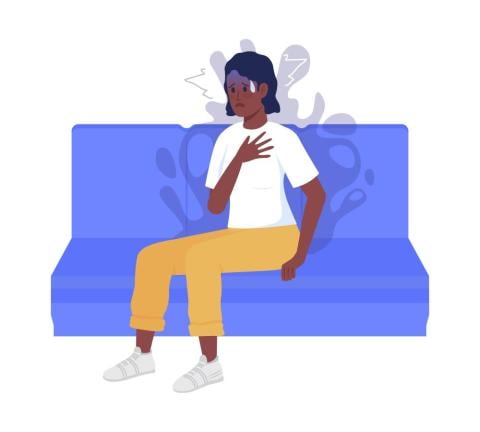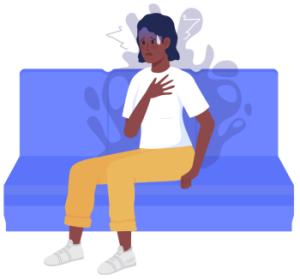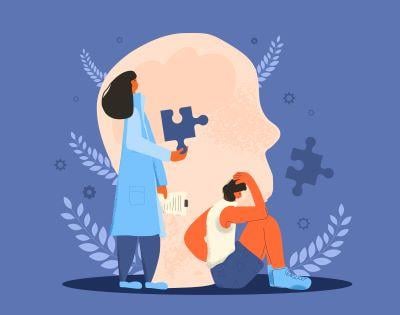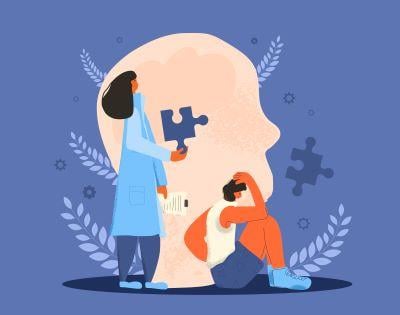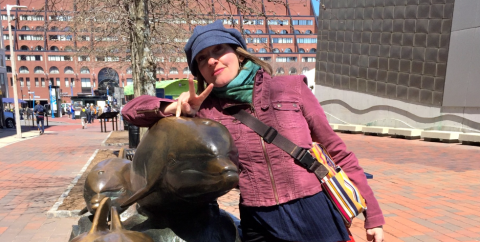Do the Impossible: Healing From Posttraumatic Stress Disorder

PTSD is an invisible monster. It disguises reality. When I was sucked into what I learned to call the trauma vortex, I often couldn’t distinguish between what was real and what wasn’t. I thought I was going crazy.
PTSD told me this over and over again: You’re not safe. You never will be. Being dead would be better than living one more day like this. The message from my illness was clear: Give up.
Fortunately, thanks to my prior, hard-fought—and victorious—recovery from an eating disorder, I knew that feelings of hopelessness and helplessness are just a part of mental illness. At one point or another, most of us who struggle believe that we are too far gone to ever get better.
While I have written about my eating disorder recovery in several books, my battle against PTSD and its accompanying and unrelenting depression are lesser known. I haven’t spoken much about this experience yet, because for so long, I didn’t even know that I suffered from trauma, much less PTSD.
Even though I had sought help from well-meaning doctors and therapists for years, my PTSD and trauma were continually missed and dismissed. It wasn’t until I visited “Dr. Google” with the words “exaggerated startle response,” that I came to learn the truth: I wasn’t losing my mind. I was struggling with a real problem that had an actual name. Indeed, in light of the fact that PTSD is a brain injury, the flashbacks, nightmares, rage, and utter despair actually made sense.
Heading in the Right Direction
The best thing about the diagnosis of PTSD is that it pointed me in the direction of help. Posttraumatic stress disorder is very treatable. A good first step in healing is to pursue evidence-based treatments, which are backed by rigorous scientific research. In my recovery, prolonged exposure therapy, commonly referred to as PE, was one key. I even found an excellent PE therapist on this very website. (Thanks, ADAA!)
After lots of falling down and getting back up again in the process of recovery, I now know that PTSD is not a life sentence. Today my nightmares are gone, I rarely startle, and incredibly I have fallen in love with life. The world isn’t out to get me after all, and I feel safe. Finally, I am living in real time and not trapped in the past. While the fact that I experienced trauma will never go away, PTSD itself is fading.
I am not just speaking from my own experience but rather from the perspectives of women and men who struggled—and got better—before me, those who shared their hope with me when I had none for myself. In my PTSD therapy group, all of our trauma experiences were different, but the symptoms of suffering we shared. During group sessions, my friends and I never talked about our specific traumas because what mattered most was our getting better. Slowly, step-by- step, we did.
And you can, too. Yes, PTSD is a monster that absolutely wants to destroy your life; it almost took mine. But I have learned—and you will, too—that we are more powerful than PTSD. After all, we survived. Out of unbearable pain and suffering, an authentic, enriching, and meaningful life can emerge.
When I searched the ADAA website for help years ago, I never would have believed that my words would appear in “Personal Stories of Triumph.” Impossible. But here you are, reading my story. Like my friends before me, my life has come full circle in the most amazing ways. Now it’s your turn: Do the impossible. Get help, trust yourself, and never, never, never give up.
Jenni Schaefer is a bestselling author and is a Senior Fellow with The Meadows. To learn more, visit her website.

